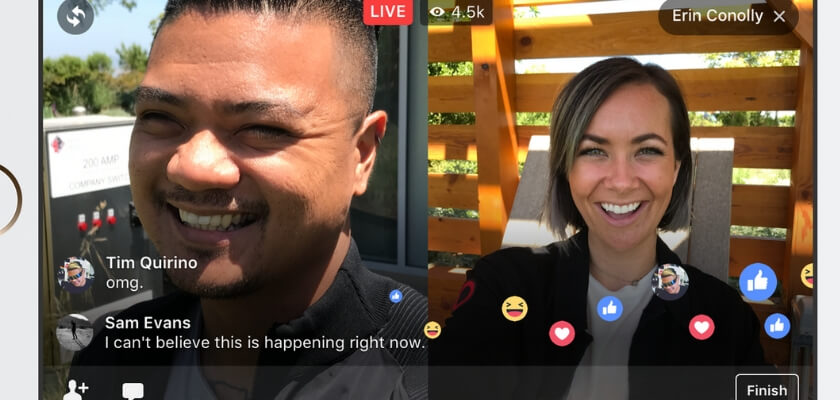Facebook seems to have taken seriously the almost uninterrupted stream of warnings over the past months of government regulation, fines, and even jail-time for its executives.
At least that appears to be the case as the global social media giant is making its internal content policing rules more stringent. Thus came the announcement of a new “one strike” rule on its live video streaming service.
This means that users found in violation of the company’s “most serious policies” would be banned immediately for a period of time, Facebook said.
The announcement was made a one day after the adoption of “the Christchurch Call to Action” – a French-New Zealand initiative gathering G7 countries and backed by a number of them – but not the United States.
However, the non-binding initiative, urging tech companies “to increase their efforts to combat toxic content,” has been signed on to by Facebook, Microsoft, Twitter, Amazon, and Google.
But while the US government supported the overall sentiment of the agreement, it decided to stay out because of fears that it might limit freedom of expression and media.
The name of the initiative, of course, refers to the massacre in March in two mosques in Christchurch, New Zealand that was streamed live on Facebook. The company had already been under heavy scrutiny for things like “fake news” and security and privacy violations, but in the wake of the attacks, a case was made that it did not do enough fast enough to take down the footage.
Facebook did remove 1.5 million videos inside the first 24 hours and prevent another 1.2 million from being uploaded – but that’s merely cherry-picked vanity stats, said TechCrunch, as it was able to find “several videos still on Facebook more than 12 hours after the attack.”
The newly announced policy of immediately banning users found in violation of Facebook’s rules for a period of time will extend beyond terrorist content, to what is referred to as “dangerous individuals and organizations” – and that’s what the social media giant has already used to oust several right-wing figures recently.
As ever, Facebook will be up against limitations of the technology it uses: AI-powered machine learning, and hurdles such as content in a large number of languages beyond English to be policed worldwide.













